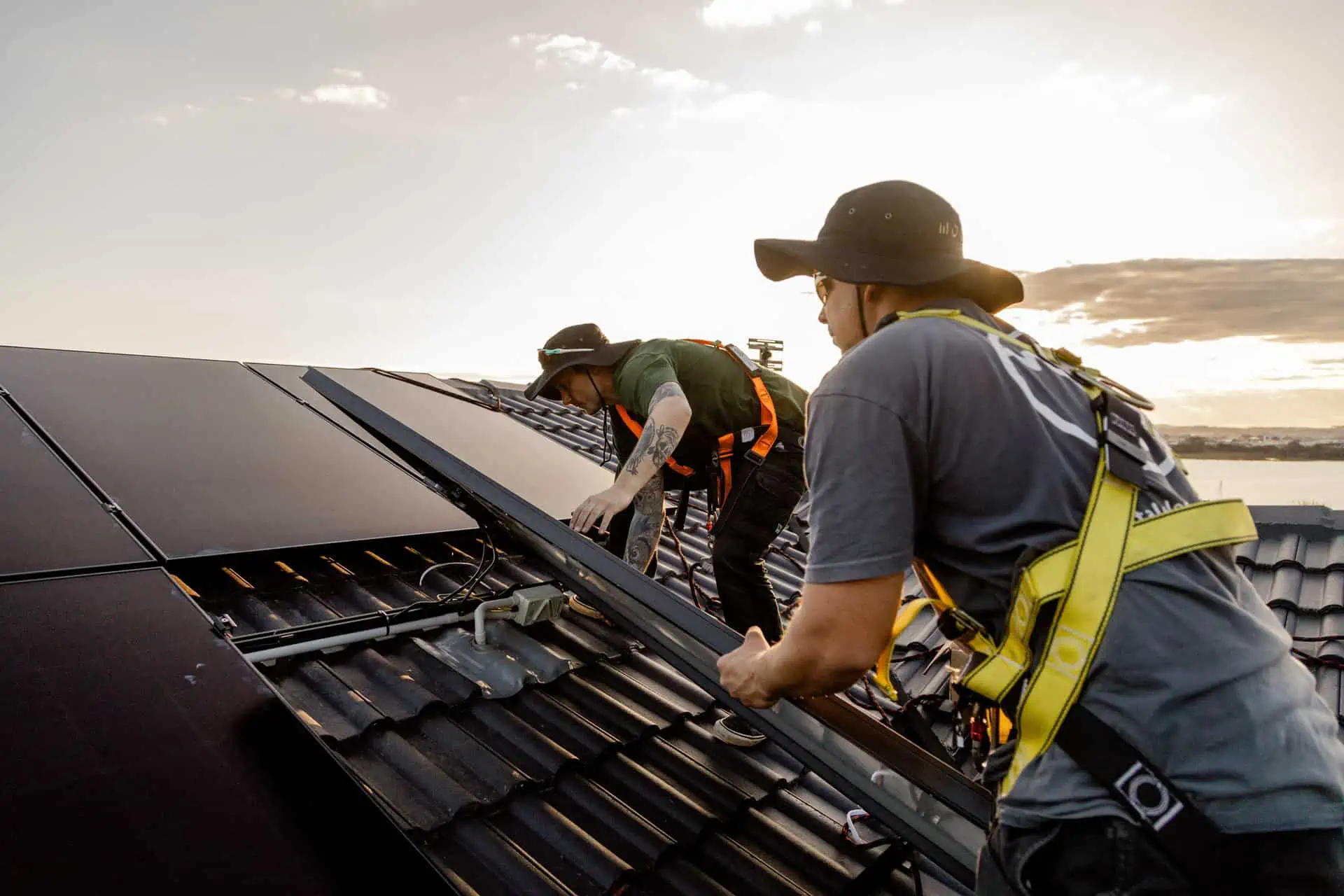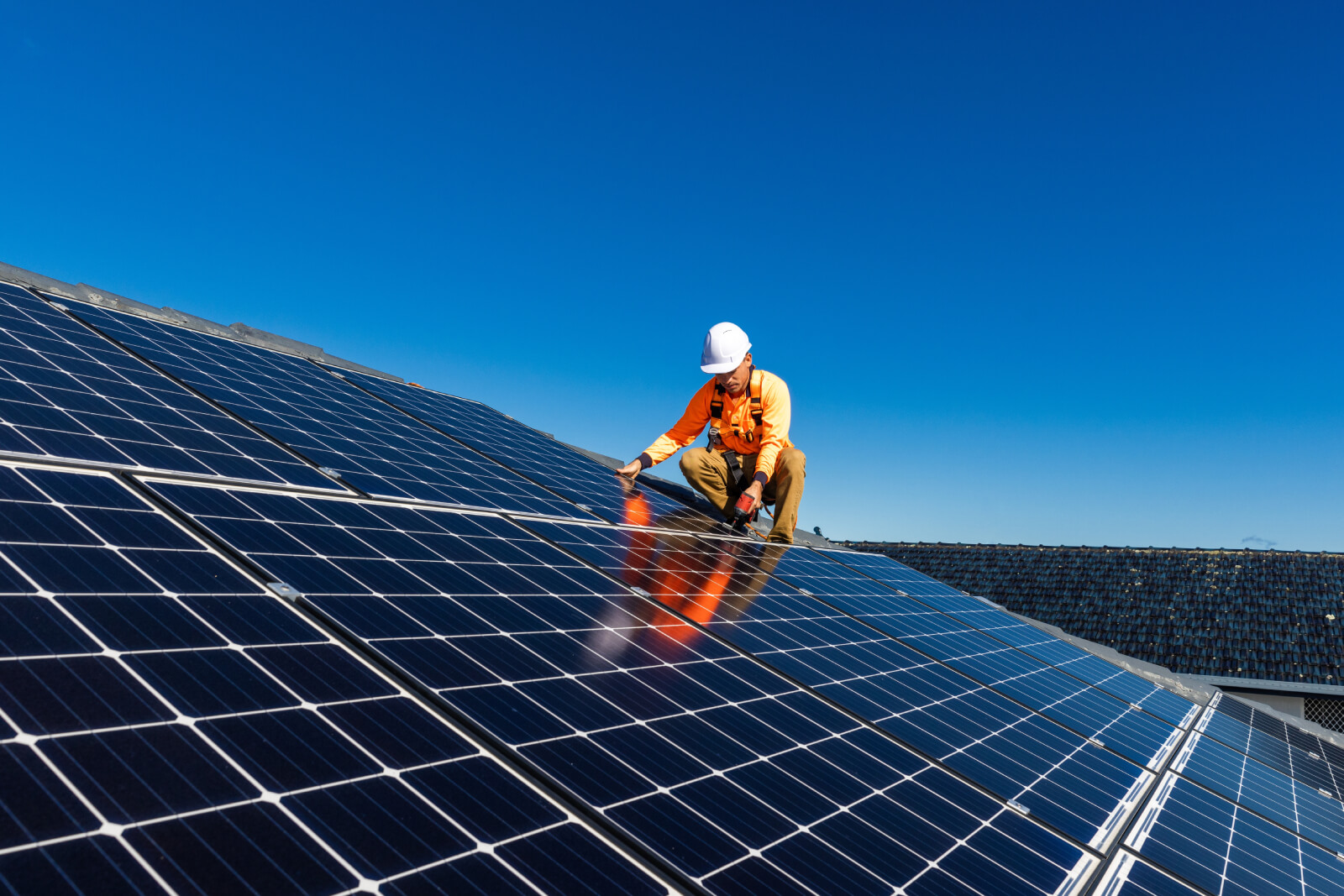Optimize Energy Cost Savings With High-Quality Solar Panels
Optimizing energy savings via making use of high-grade solar panels is a diverse approach that requires cautious factor to consider of innovation, installation, and upkeep. Choosing high-efficiency options, such as monocrystalline panels, can significantly boost power generation, while toughness and service warranty terms play a vital role in long-term economic feasibility. Additionally, recognizing the capacity for federal government motivations can enhance the roi. However, the journey does not end with the acquisition; the subtleties of installation and recurring maintenance are just as vital to attaining optimum outcomes. What variables should homeowners focus on to ensure they realize these advantages fully?
Benefits of Solar Power
The advantages of solar power are many and substantial, making it a progressively appealing option for both household and commercial applications. Among the main advantages is its possible to lower electricity costs. By taking advantage of sunshine, building proprietors can produce their own power, decreasing dependence on traditional energy resources and inevitably causing significant financial savings.
An additional essential benefit is ecological sustainability. Solar power is a clean, renewable energy that helps to reduce greenhouse gas discharges, contributing to a reduction in air pollution and environment adjustment. This lines up with international efforts to change in the direction of more lasting energy options.
Furthermore, solar power systems can boost residential property worth. Residences and services equipped with photovoltaic panels typically have greater resale worths, appealing to environmentally-conscious customers and investors. Moreover, government incentives, such as tax credit ratings and refunds, can balance out setup expenses, making solar energy also a lot more economically feasible.
Last but not least, solar innovation promotes energy freedom. By spending in solar energy, people and organizations can reduce their susceptability to rising and fall energy costs and supply interruptions, fostering higher control over their power resources. Collectively, these benefits underscore the engaging factors to take into consideration solar power remedies.
Picking the Right Solar Panels
Choosing the best solar panels is a crucial action in maximizing the effectiveness and benefits of a solar power system. When examining solar panels, several factors must be thought about to ensure optimal performance and long-term financial savings.
First, assess the panel's performance ranking, which indicates just how properly it converts sunshine into power. Higher effectiveness panels may have a higher upfront cost yet can produce more power in limited room. Next off, examine the warranty provided by the manufacturer; a longer warranty normally reflects a greater degree of confidence in the item's toughness and efficiency.
Furthermore, consider the sort of photovoltaic panel innovation. Monocrystalline panels are understood for their high performance and space-saving design, while polycrystalline panels tend to be more inexpensive but somewhat less reliable. Bifacial panels, which catch sunshine from both sides, are additionally acquiring popularity for their potential to boost power outcome.
Finally, carry out a complete review of independent efficiency rankings and client testimonials to assess dependability and fulfillment. By very carefully considering these factors, home owners can make informed options that line up with their energy demands and monetary objectives, ultimately boosting the roi for their solar power systems.
Comprehending Installment Expenses
Comprehending the expenses associated with setting up photovoltaic panels is important for homeowners looking to spend in sustainable energy. The overall installment expense can vary significantly based upon numerous factors, consisting of system dimension, panel type, setup complexity, and geographic area.
Generally, the cost is relied on a per-watt basis, with average prices varying from $2.50 to $3.50 per watt before any motivations. A common residential system might cost between $15,000 and $25,000, depending on power demands and the selected components.
Along with informative post the panels themselves, property owners need to take into consideration expenses connected to inverters, placing equipment, and electrical upgrades. Labor costs likewise play a vital role, as professional installation guarantees conformity with security standards and neighborhood regulations.

Eventually, comprehending these setup costs and potential economic benefits is crucial for home owners to make educated decisions about transitioning to solar energy.

Maintenance for Long-Term Savings
Maintaining solar panels is essential for maximizing lasting power savings and making certain the system operates at peak efficiency. Routine maintenance includes several vital techniques that can dramatically improve the long life and performance of solar installations.
First, routine examinations ought to be conducted to determine any kind of physical damage or wear, such as splits or loosened links. Cleansing the panels is likewise vital, as dirt, dust, and debris can block sunshine, decreasing energy output (Solar Panels). It is recommended to cleanse the panels at the very least two times a year, or a lot more regularly in areas with high degrees of dust or contamination
Furthermore, monitoring the system's performance with a monitoring software application can provide real-time data on energy manufacturing and sharp homeowners to click here to read any type of anomalies. This aggressive technique enables timely repair work, decreasing downtime and preserving optimal energy generation.
Ecological Effect of Solar Power
The environmental impact of solar power extends far past its prompt advantages of minimizing power bills and reliance on nonrenewable fuel sources. By utilizing sunshine, solar energy dramatically lowers greenhouse gas emissions, thereby reducing environment modification. Unlike traditional energy sources such as coal or gas, solar power generation does not produce air contaminants, adding to boosted air top quality and public health and wellness.
Additionally, solar power promotes biodiversity by lowering the requirement for nonrenewable fuel source removal, which typically disrupts ecosystems and environments. By transitioning to eco-friendly power sources, we can preserve all-natural landscapes and protect jeopardized species from habitat loss.
The life process of solar panels likewise offers a lower ecological footprint contrasted to traditional energy resources - Solar Panels. While producing solar panels includes some source use and exhausts, advancements in modern technology and reusing you can check here processes are consistently decreasing these impacts. Furthermore, the lasting advantages of solar power-- such as minimized reliance on limited resources-- much exceed these first expenses
Verdict
In recap, the adoption of top notch photovoltaic panels offers significant chances for energy cost savings and ecological advantages. By picking appropriate innovations, such as monocrystalline panels, and making certain reliable installation, property owners can enhance power generation in limited spaces. Furthermore, recognizing installation expenses and upkeep needs further adds to long-term financial savings. The tactical alignment of photovoltaic panel options with energy demands and federal government motivations enhances return on investment, advertising sustainability and lowering reliance on conventional power sources.